The Flavours of a Tamil Nadu Christmas

Sumitra Nair explores the Tamil Christian kitchen table this festive season and finds coconut milk rice, plum cakes, chicken kuruma and mutta dosas starring at these family gatherings.
Somas, bread halwa, and adirasam are just some of the foods served in most Tamil Christian households during this time of the year, ie, our favourite time of year — Christmas!
Growing up in a Roman Catholic home, Christmas Eve for Sowmiya Jeyaselin, a 26-year-old resident of Chennai, always meant mass at 11pm, and cutting into plum cake after. “We actually start celebrating on December 22. We help our mom as she prepares different snacks like achu murukku or achappam (fried rose cookies, with a signature lattice pattern, made from rice batter),” she tells us. “It is a best of both worlds— my mother is Malayalee, and my dad is Tamilian. Stew and kuruma have always been a staple at our home.” Christmas day breakfast is idli or appam with chicken gravy, and maybe stew. Lunch is usually biriyani — chicken or mutton, and it always is Chennai-style biriyani made with jiraka samba rice and accompanied with chicken 65, raita, followed by a sticky bread halwa pudding for dessert.
Chicken kuruma. Image credit: Sumitra Nair
Valayappam with chicken kuruma.
Mutta dosa. Image credit Fran Raphael
Rithika Daniel, an interior designer who lives in Chennai, says one of her fondest Christmas memories is eating puris with mutton curry on the morning after Christmas — leftovers from Christmas dinner.
Fran Raphael, a 35-year-old hospitality consultant, associates Christmas with an elaborate sit-down dinner or lunch. “The entire family gathers at my grandfather’s home at Tiruchirapalli. Everyone’s likes and dislikes are taken into consideration — it is a massive spread of parottas (flaky bread made from maida or wheat flour), spiced prawn kebabs, mutton sukka, appams, fish fry, chicken 65, sura puttu (steamed fish, usually shark shredded or broken down into small pieces and tempered with onion and spices) and more. There would also be the simple fare of idli, sambhar and chutney as well,” he adds. These days, he finds, people in Chennai are making more western dishes like roast turkeys, roast chicken, mince pies, and even playfully marrying traditions to make a turkey biriyani.
A common tradition seems to be that of cutting cake and toasting with wine: “In a 30 ml shot glass,” smiles Fran. Nearly all Tamil Christian families will follow this tradition, but the snacks vary from home to home — at Rapahel’s home it is usually valayappam (a sweet cake made of fermented rice), while Daniel’s family enjoys fresh vadas and bhajji. At Cybil Ignatius’ home, they keep it simple with just tea or coffee.
“Starting from December 20, leading up to Christmas, mom makes snacks like murukku, adirasam — a crepe, the size of a small bangle, made from wheat and jaggery; and somas, a crescent-shaped fried snack filled with roasted rava, pootukadala, a variety of chickpeas and sugar,” says Jeyaselin.
Ignatius, a Malayali married into a Tamil family, enjoys her mother-in-law’s coconut milk rice. “The rice is spiced like biriyani, but, instead of water, coconut milk is used to cook the rice,” she says. Christmas is spent at her husband’s grandmother’s home in Trichy. “His grandmom makes spicy chicken curry, coconut milk rice, mutton curry with a thick gravy among others. The meal always ends with a drink of rasam,” she says.
Family and good food remain at the heart of the recipe for a delicious Tamilian Christmas.
Plum cakes are an integral part of Christmas. Image credit Anisha Oommen
Rose cookies or achappam are made with rice batter. Image credit Anisha Oommen
3 TAMIL CHRISTMAS RECIPES
CHICKEN KURUMA by Sowmiya Jeyaselin
Ingredients
For the masala paste
1/4 cup grated coconut
6-8 cashews
1 tsp fennel seeds
1 tsp poppy seeds
2-3 green chilies
1-inch ginger
4 garlic cloves
For the kuruma
500 g chicken (bone-in or boneless)
2 onions, chopped
2 tomatoes, chopped
1/4 cup curd (yogurt)
1/4 tsp turmeric powder
1 tsp red chili powder
1 tbsp coriander powder
1/2 tsp garam masala
Curry leaves
3 tbsp oil
Whole spices: 1 bay leaf, 1-inchcinnamon stick, 2 pods cardamom, 3 sticks of cloves
Coriander leaves for garnish
Salt to taste
Method
Blend coconut, cashews, fennel seeds, poppy seeds, chilies, ginger, and garlic with water into a smooth paste.
Heat oil, add whole spices, then sauté onions until golden. Add tomatoes and cook until mushy. Stir in spices and chicken, sauté for 5-6 minutes.
Mix in the masala paste, add water for gravy, cover, and cook on medium heat for 20-25 minutes until chicken is tender.
Stir in curd, simmer for 5 minutes, add curry leaves, and adjust salt.
Garnish with coriander leaves and serve hot with rice, idly, or parotta.
MUTTA DOSA by Fran Raphael
Ingredients
1 cup flour
1 egg
1/4 cup sugar
A pinch of salt
1/2 tsp turmeric
1/2 tsp fennel seeds, powdered
3/4 cup coconut milk
Method
Mix all the dry ingredients together.
Beat the egg and add to the flour mixture along with coconut milk. Make sure there are no lumps.
Add water as required to make a runny consistency.
Heat the tawa and pour it like crepes and flip it to the other side when cooked. Fold/ roll it and serve.
COCONUT MILK RICE by Cybil Ignatius
Ingredients
2 medium onions
2 medium tomatoes
2 green chillies
1 piece cinnamon
2 cloves
A handful of mint, and coriander
2 tsp ginger garlic paste
1 cup rice (ponni rice or jeera samba)
2 cups coconut milk
A pinch of turmeric
Salt, to taste
2 tbsp ghee
1 tbsp oil
Method
Heat oil and ghee in a pressure cooker, add cinnamon and cloves. Add the onion and sauté until golden brown.
Add tomato, green chilli and little salt and fry till tomato softens.
Mix in the pudina, coriander and ginger garlic paste and fry till the raw smell disappears.
Add washed rice and fry for two minutes. Here, you can add turmeric powder (if colour is needed).
Stir in coconut milk (rice:coconut milk at a 1:2 ratio) and let it boil for a minute.
Close and pressure cook for three whistles.
Once pressure is released, transfer to another vessel so the rice does not get overcooked.
Sumitra Nair is a lifestyle and food writer, who explores features on gender issues, based in Kochi. Follow her on Instagram.
ALSO ON GOYA




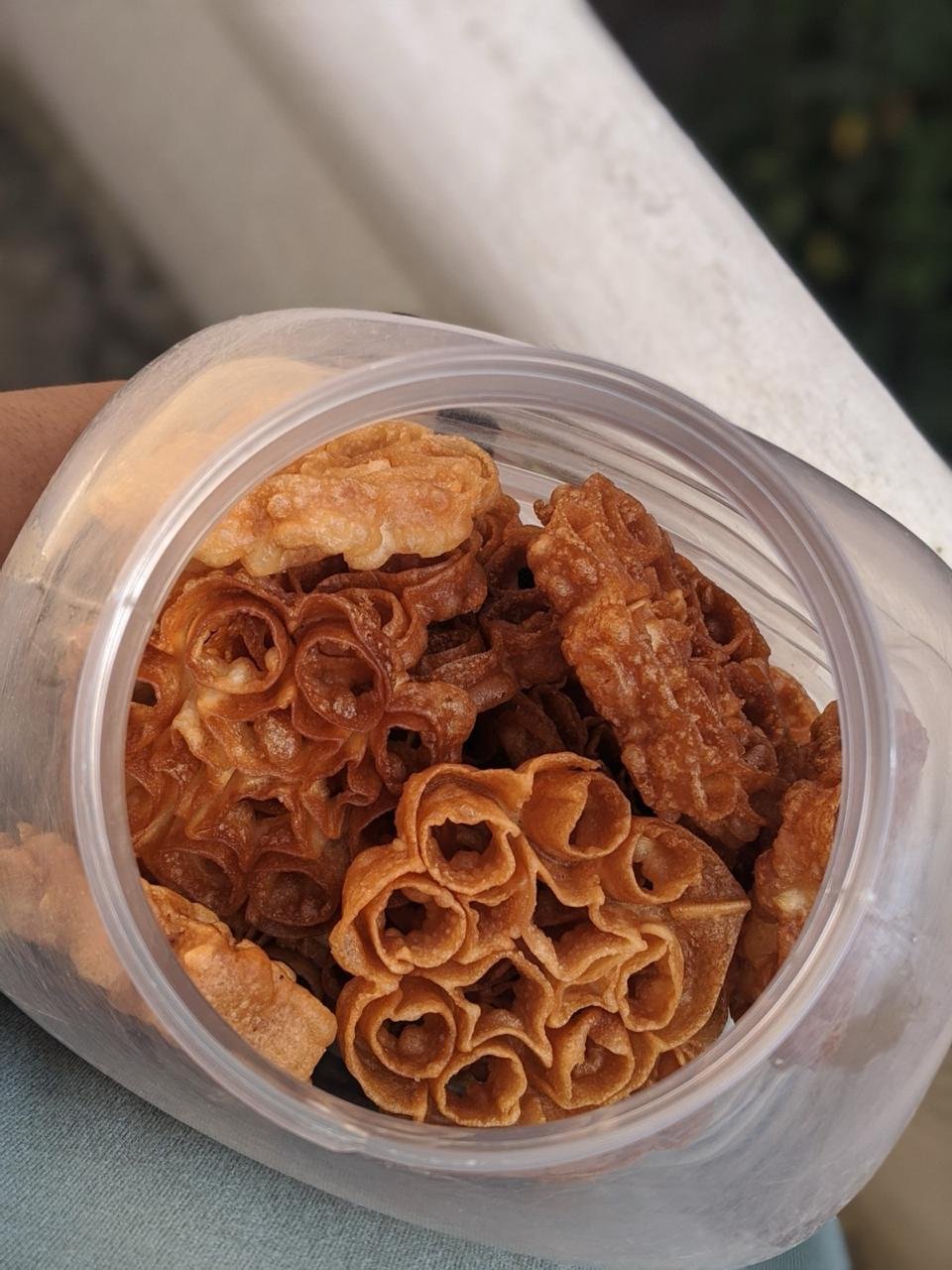
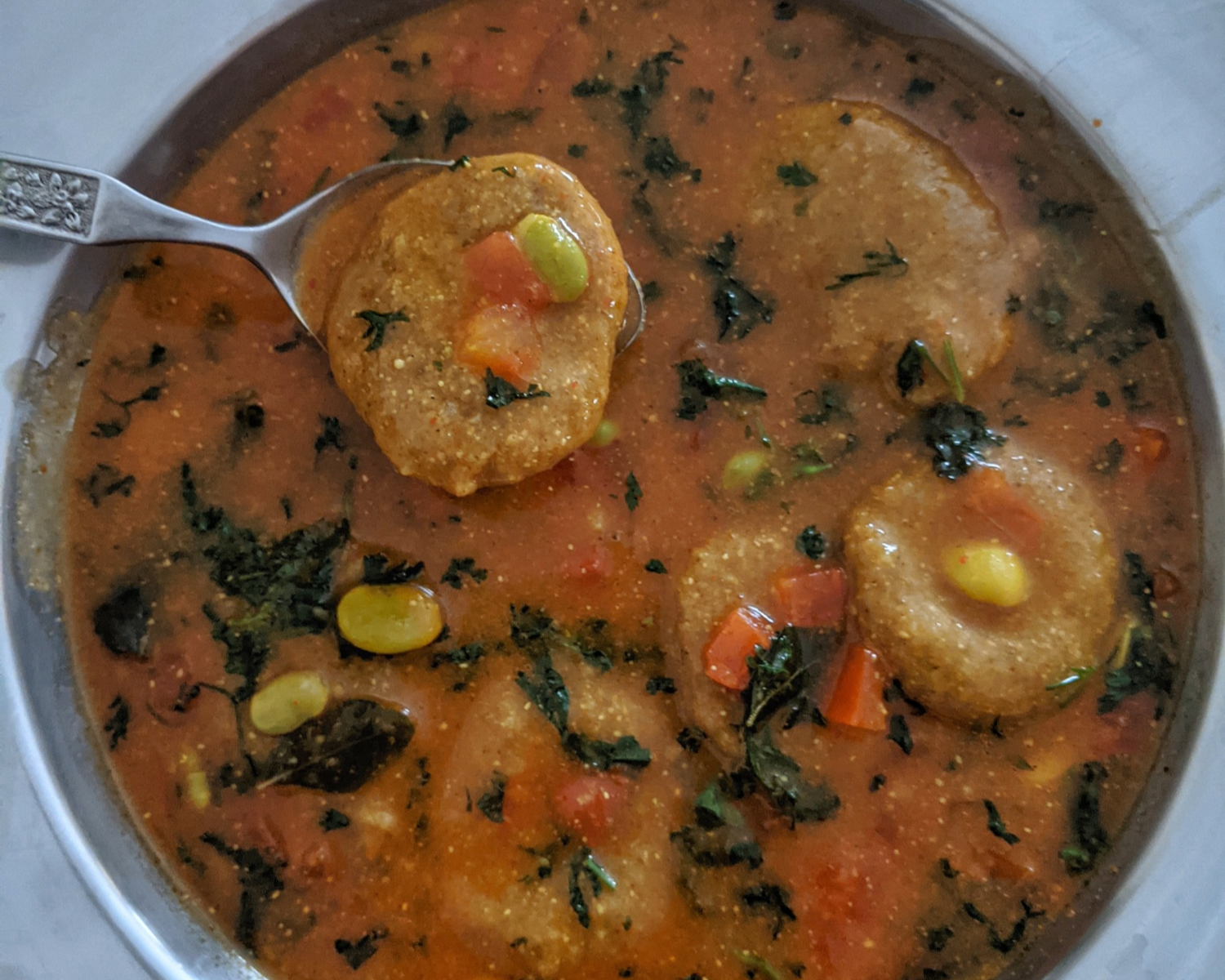
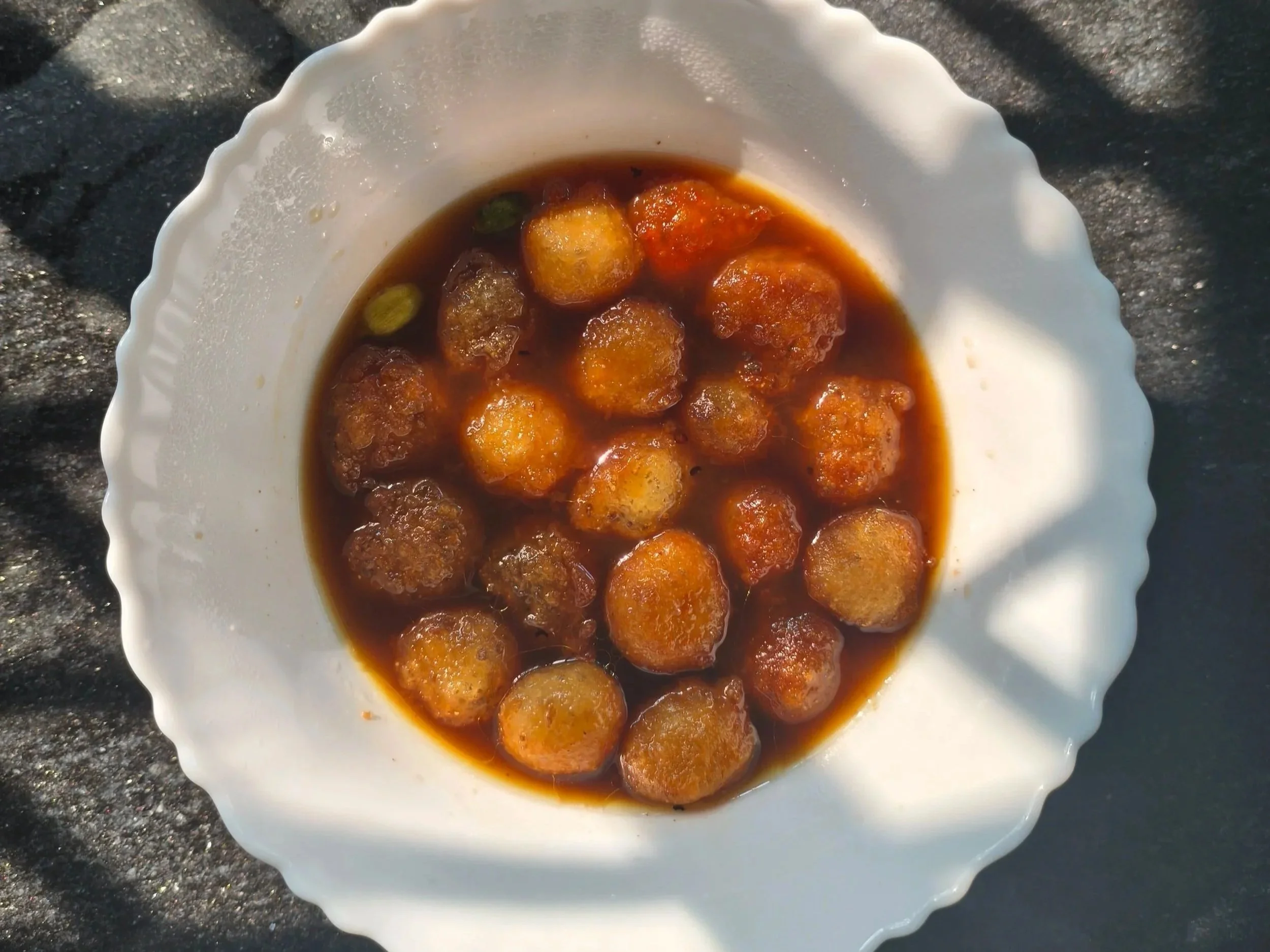
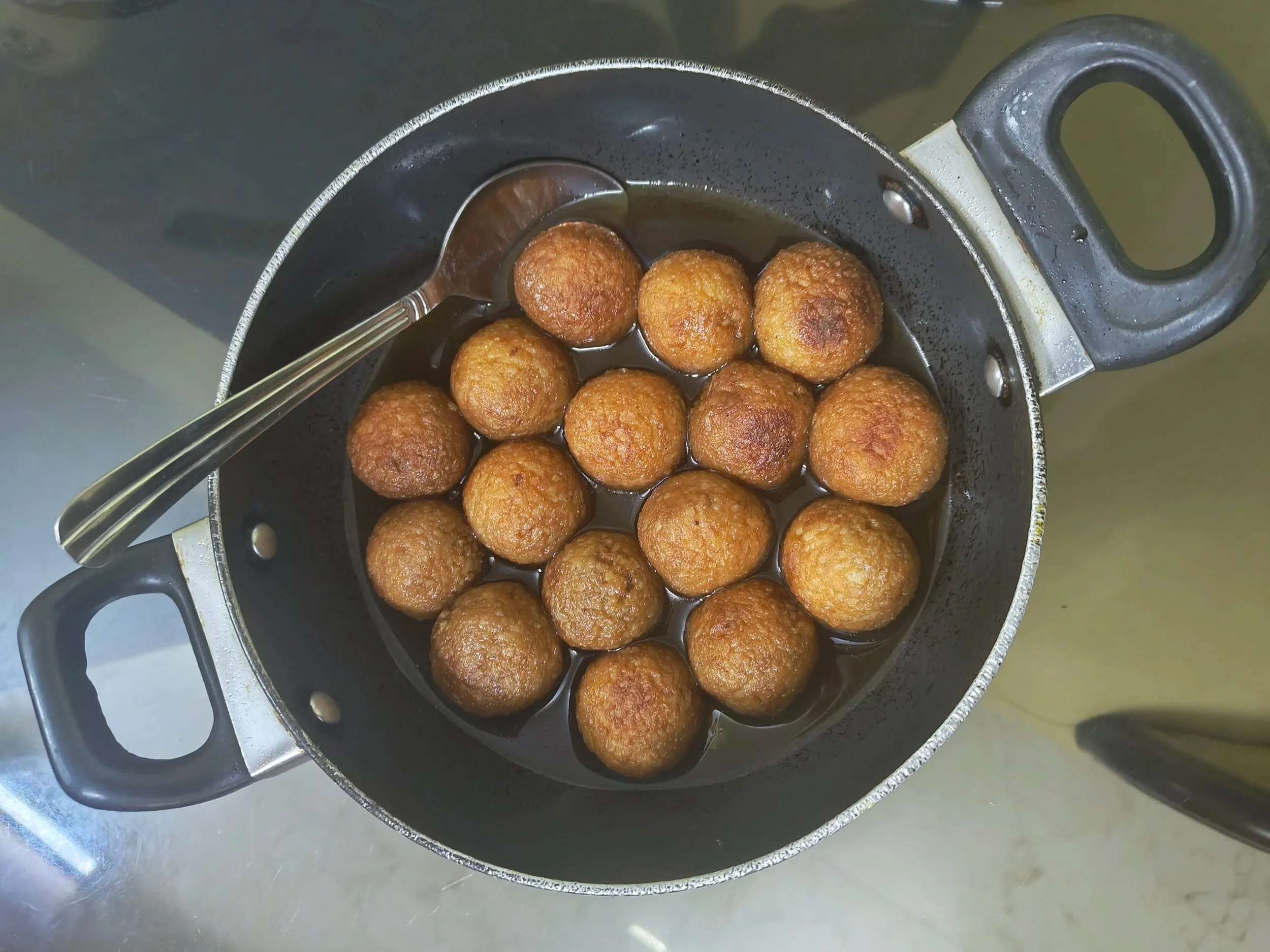

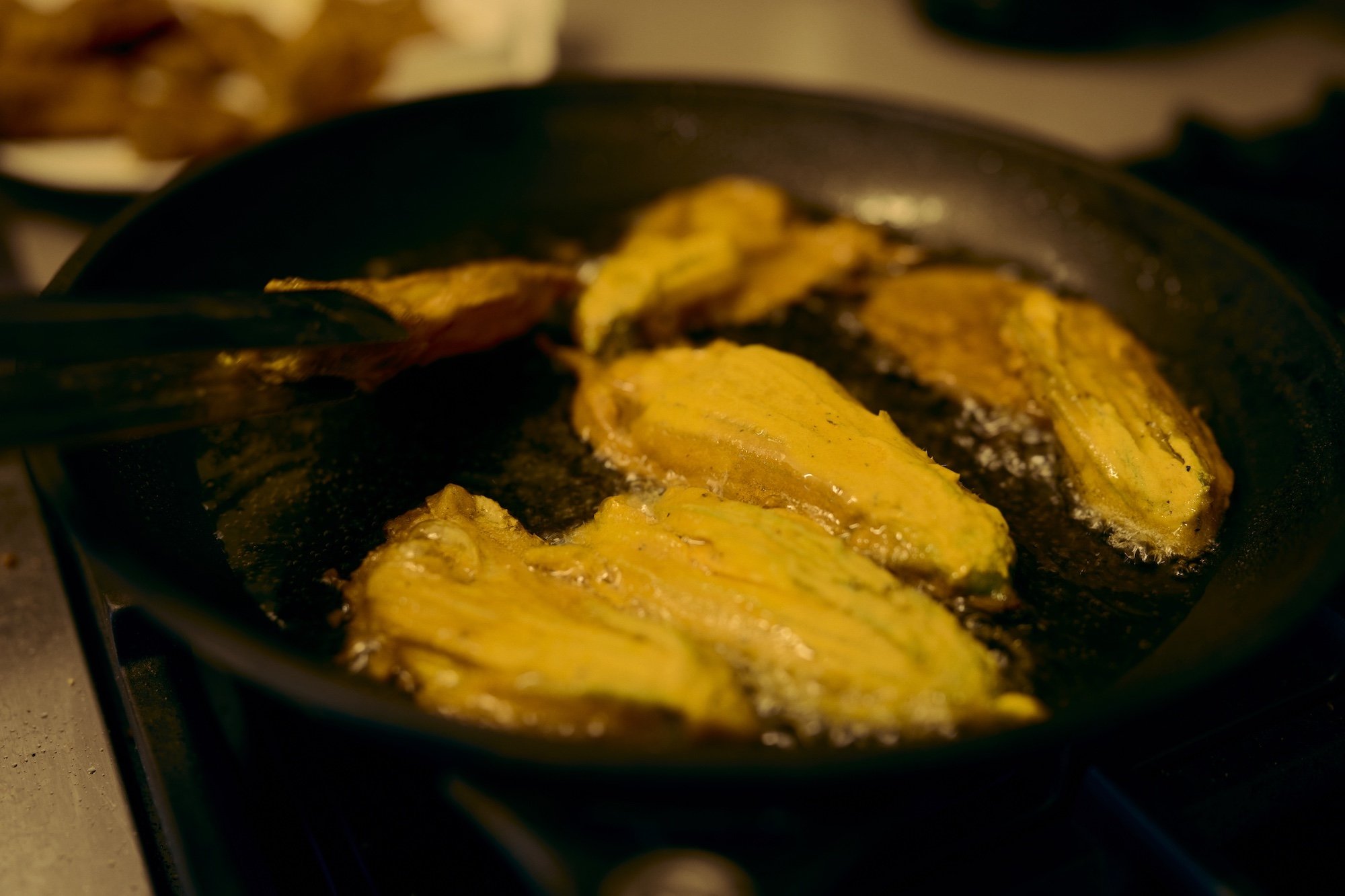
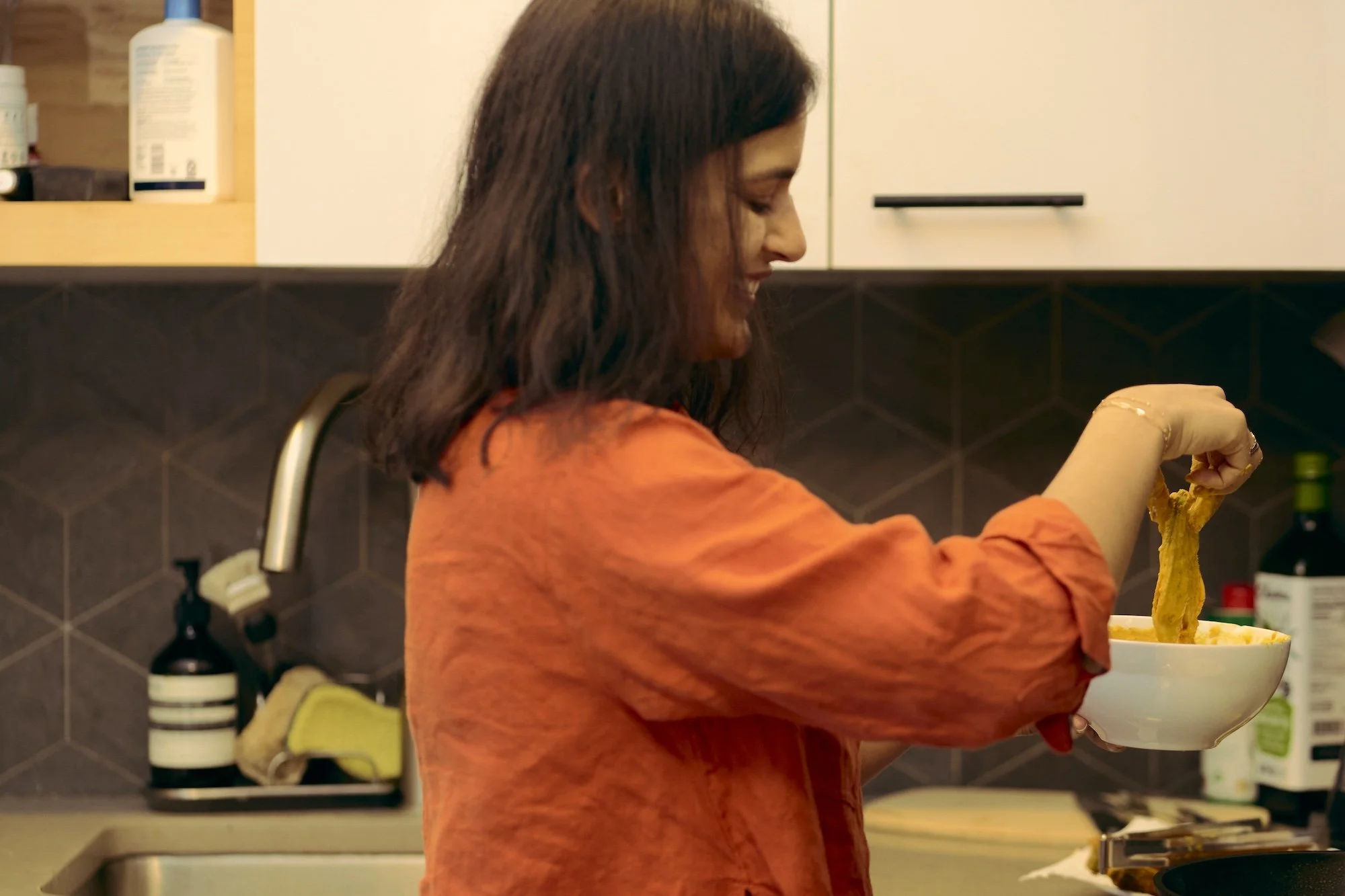
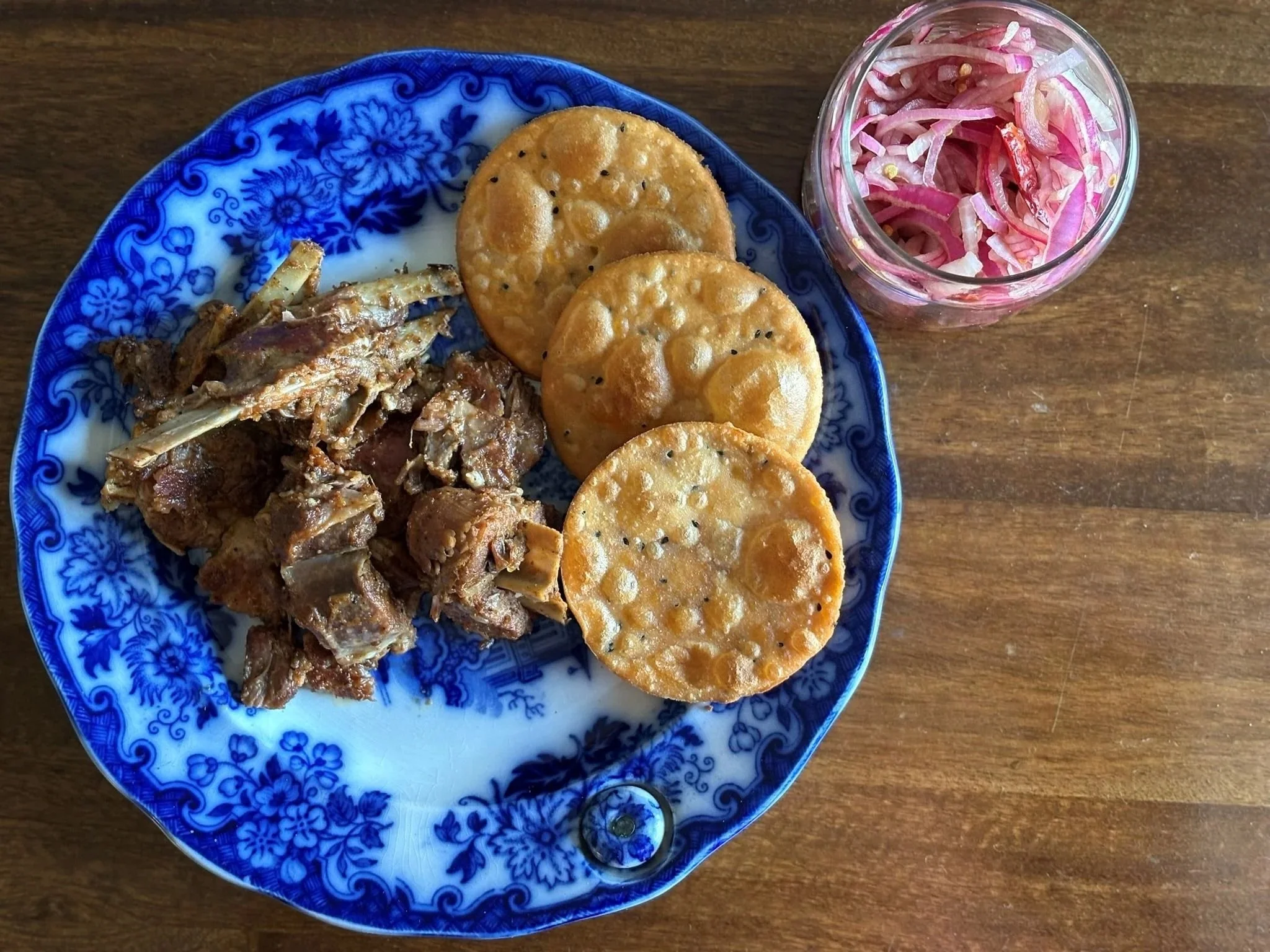
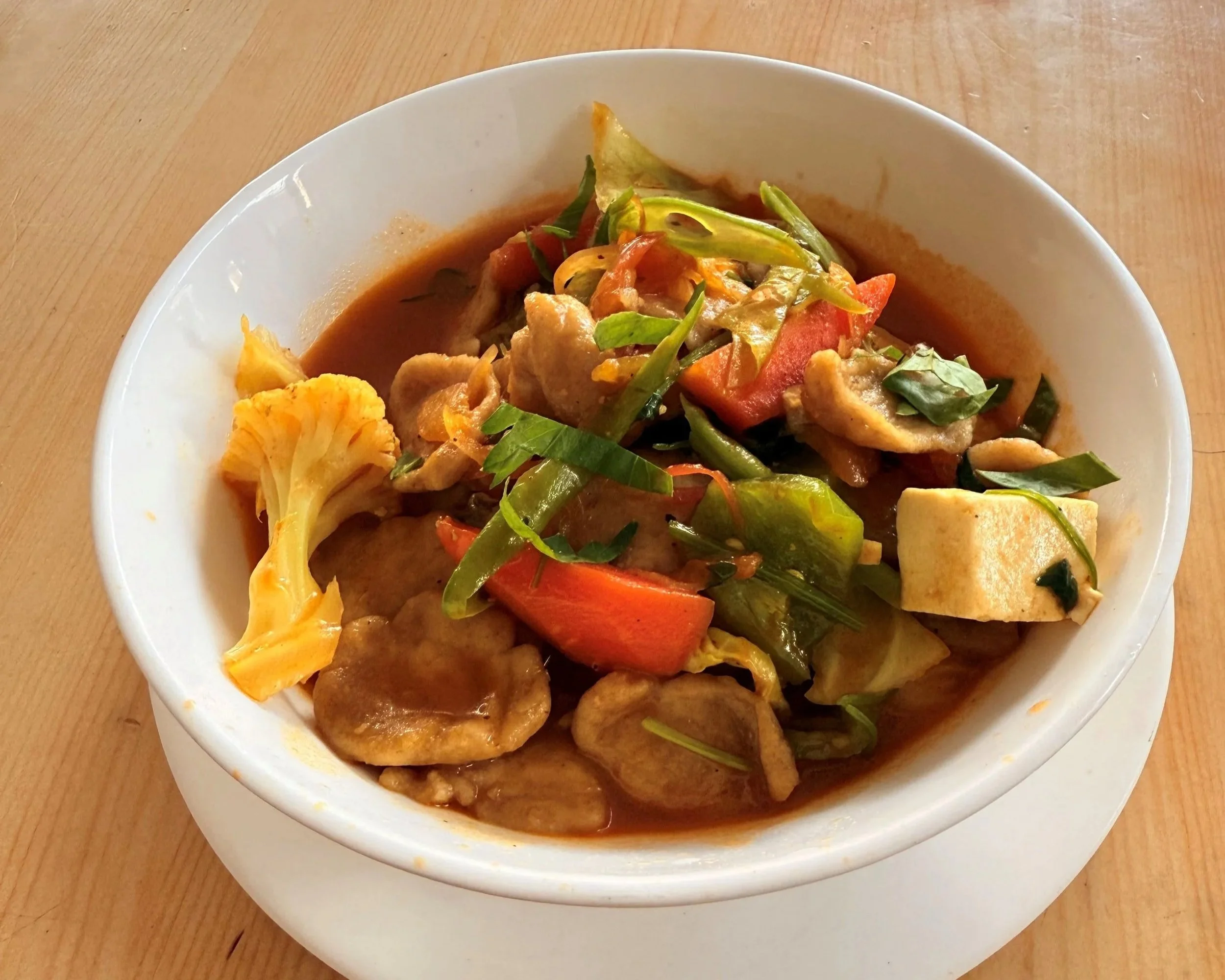
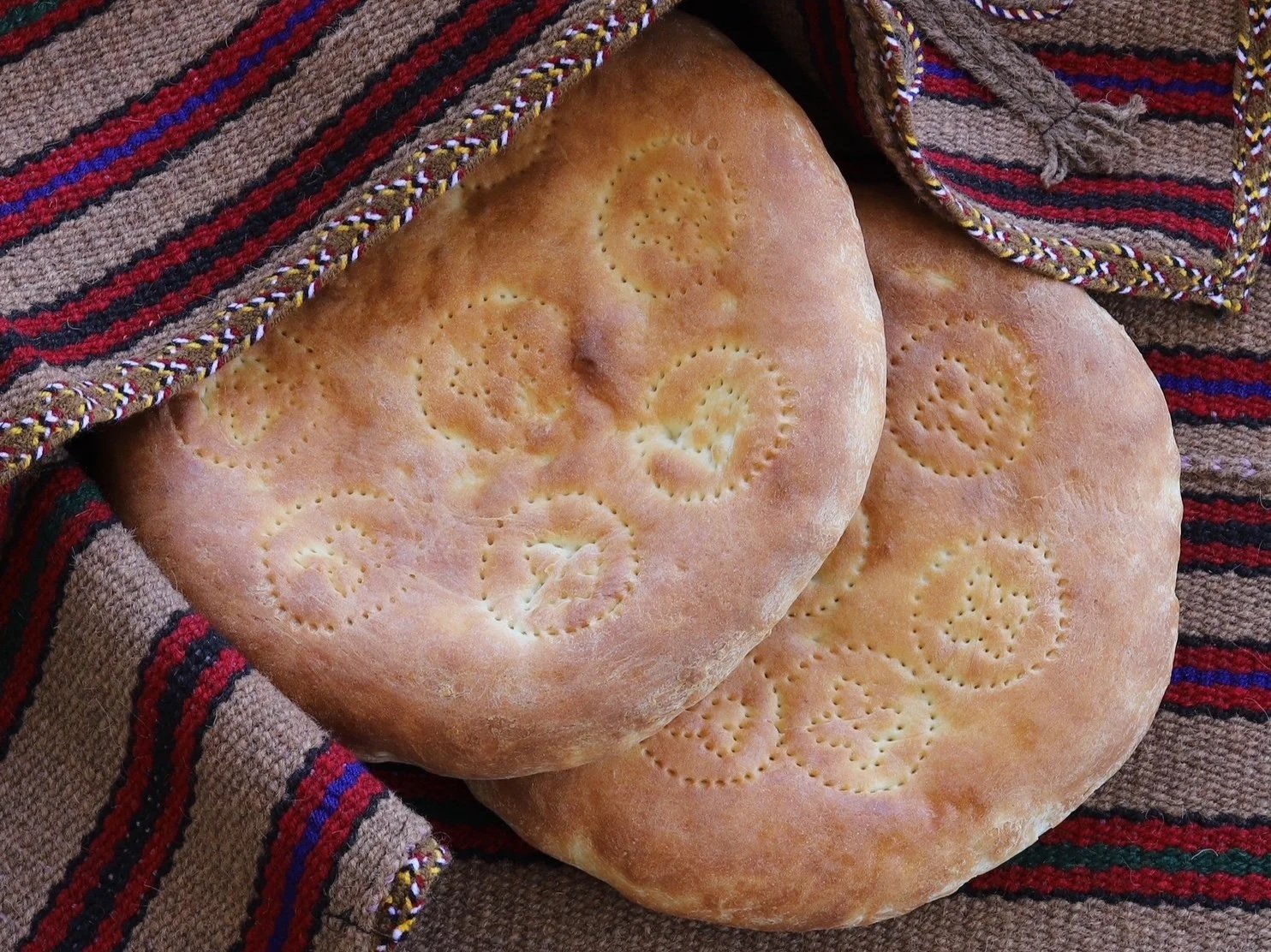
Neo-nomad cuisine of Central Asia | Terrence Manne